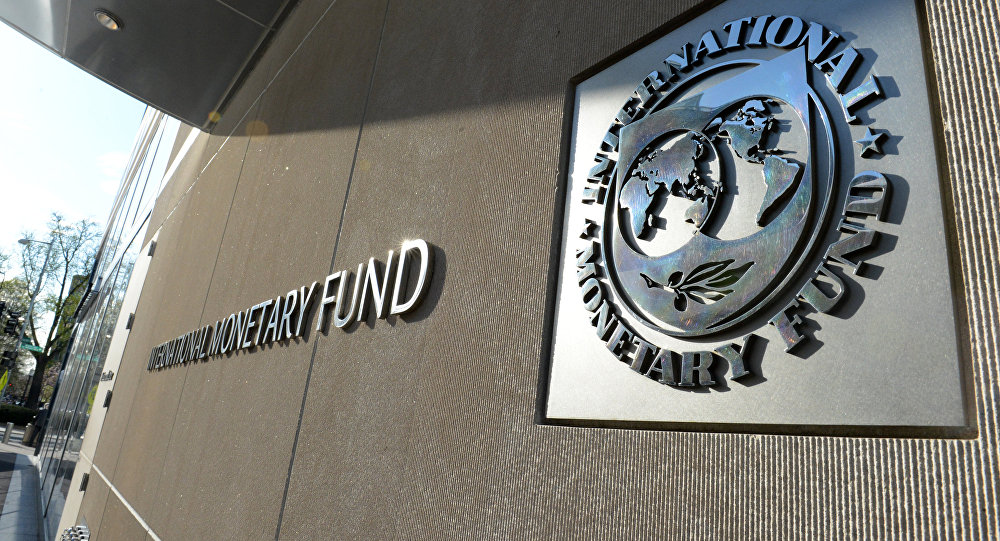Africa’s most populous country, Nigeria has been warned by the International Monetary Fund (IMF) to expect a significant drop in foreign loans as the global economy continues to experience new shocks and contractions amidst poor recoveries.
The IMF Deputy Divisional Chief, Wenjie Chen, gave this warning yesterday during a keynote presentation at the International Monetary Fund Regional Economic Outlook which was held in Lagos.
According to Chen, the cost of borrowing, high-interest rates and the increasing value of the dollar have continued to put a strain on Nigeria’s economy and that of its Sub-Saharan African counterparts.
She pointed out that due to the uncertainties surrounding the global economic environment, loans from China, as well as other advanced economies to Africa, have been on a decline.
Stating that the public debt ratio has doubled in the region in the past decade, Chen added that debt vulnerabilities of Nigeria and the rest of SSA would continue to increase.
Read Also: Distressed Ghana Set To Borrow $3bn From IMF
Chen said, ‘In terms of the funding squeeze, the three main manifestations that many countries are facing are: the rise in borrowing costs. You can see that virtually all the frontier markets have been shut out of the Eurobond markets since the spring of 2022. What that means is that they cannot raise financing on these international markets. Eurobond market has been a large component of financing for these countries.
‘Lastly, what this has meant in terms of the global economy’s reaction to the Russia-Ukraine war in terms of rises in price and the cost of living crisis has placed very high interest rates. Not only were interest rates rising, the value of the dollar rose to a 20-year high last year. For many African countries, the cost of servicing these debts has also gone up.
‘Inflation is still a major concern for many African economies. Many countries are still going through recovery after the pandemic.’
To address the many issues confronting the Nigerian economy, Chen said the IMF’s policy advice to Nigeria is based on four key policy priorities — fiscal policy, monetary policy, exchange rate policy and structural reforms.
She said the new emphasis on addressing the current liquidity squeeze should focus on reducing off-budget commitments (extra-budgetary spending, arrears, guarantees, etc), enhancing debt management and domestic revenue mobilisation.
On forex-related challenges, Chen said that significant exchange rate pressures in the past year largely reflect global factors; terms of trade changes, and monetary policy normalisation.
Noting that the scope of forex interventions is limited in many cases by low foreign reserves, she said Nigeria and its counterparts would have to adjust to new fundamentals.
Also speaking, IMF Representative for Nigeria, Ari Aisen, said that with the funding squeeze, it would be critical for Nigeria to rely on internally-generated funds.
He, however, said that the global lender remains confident of its earlier projection that Nigeria’s economy will grow by 3.2 per cent this year.
